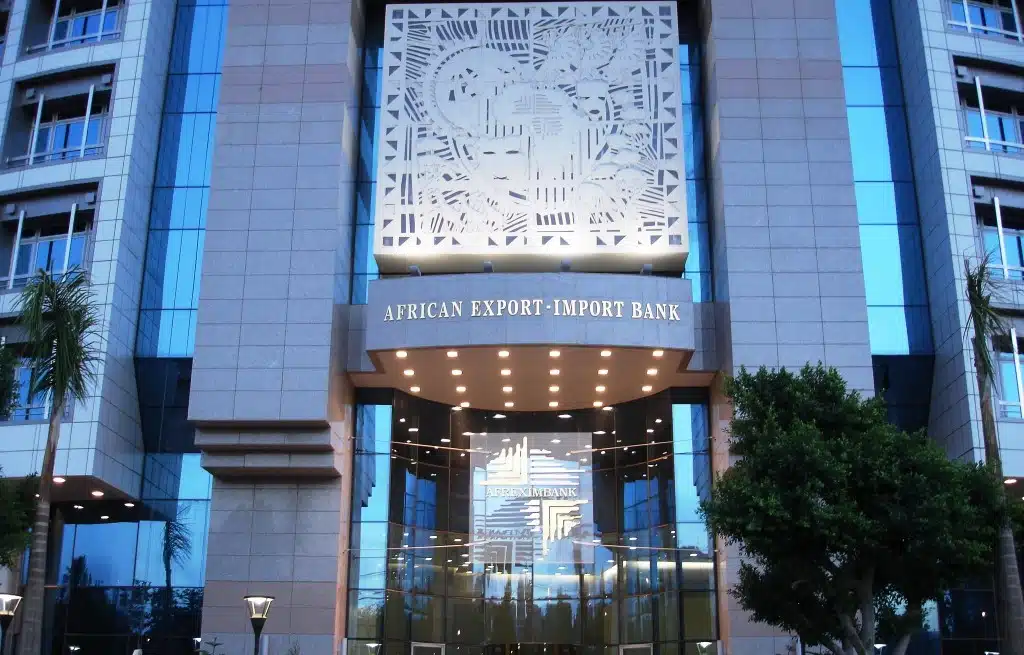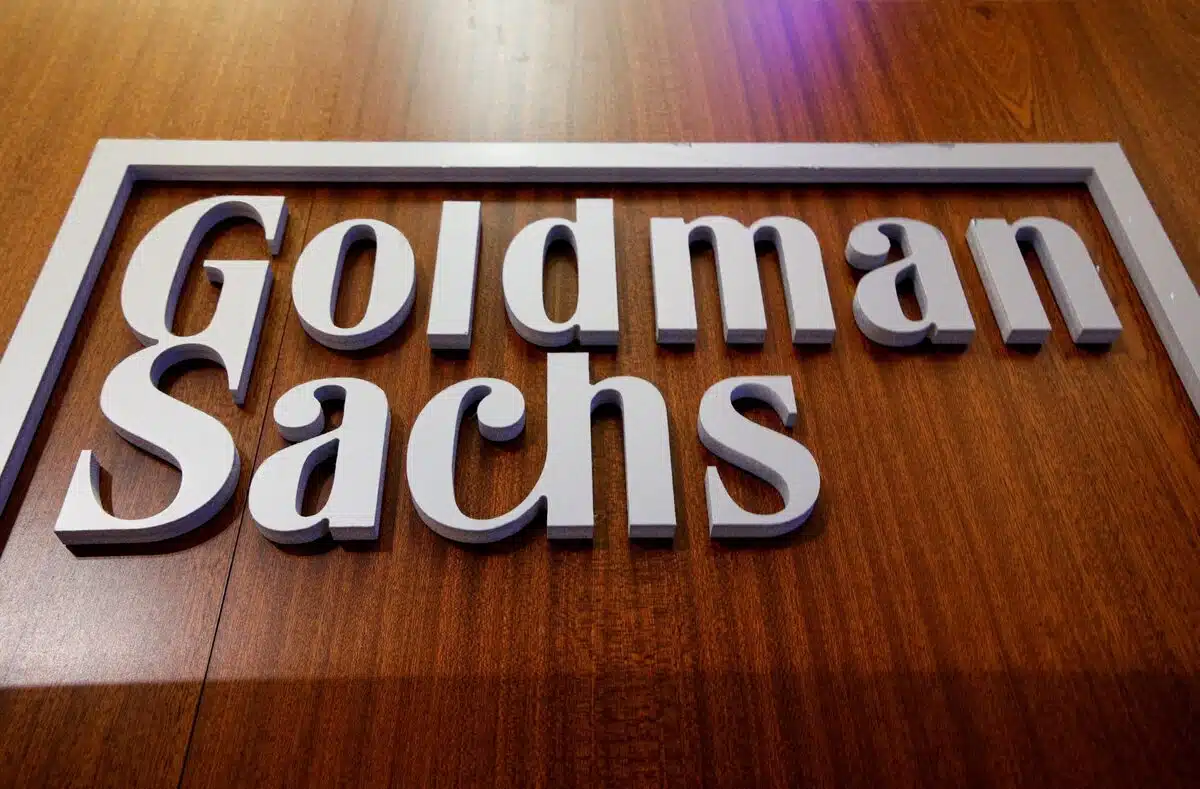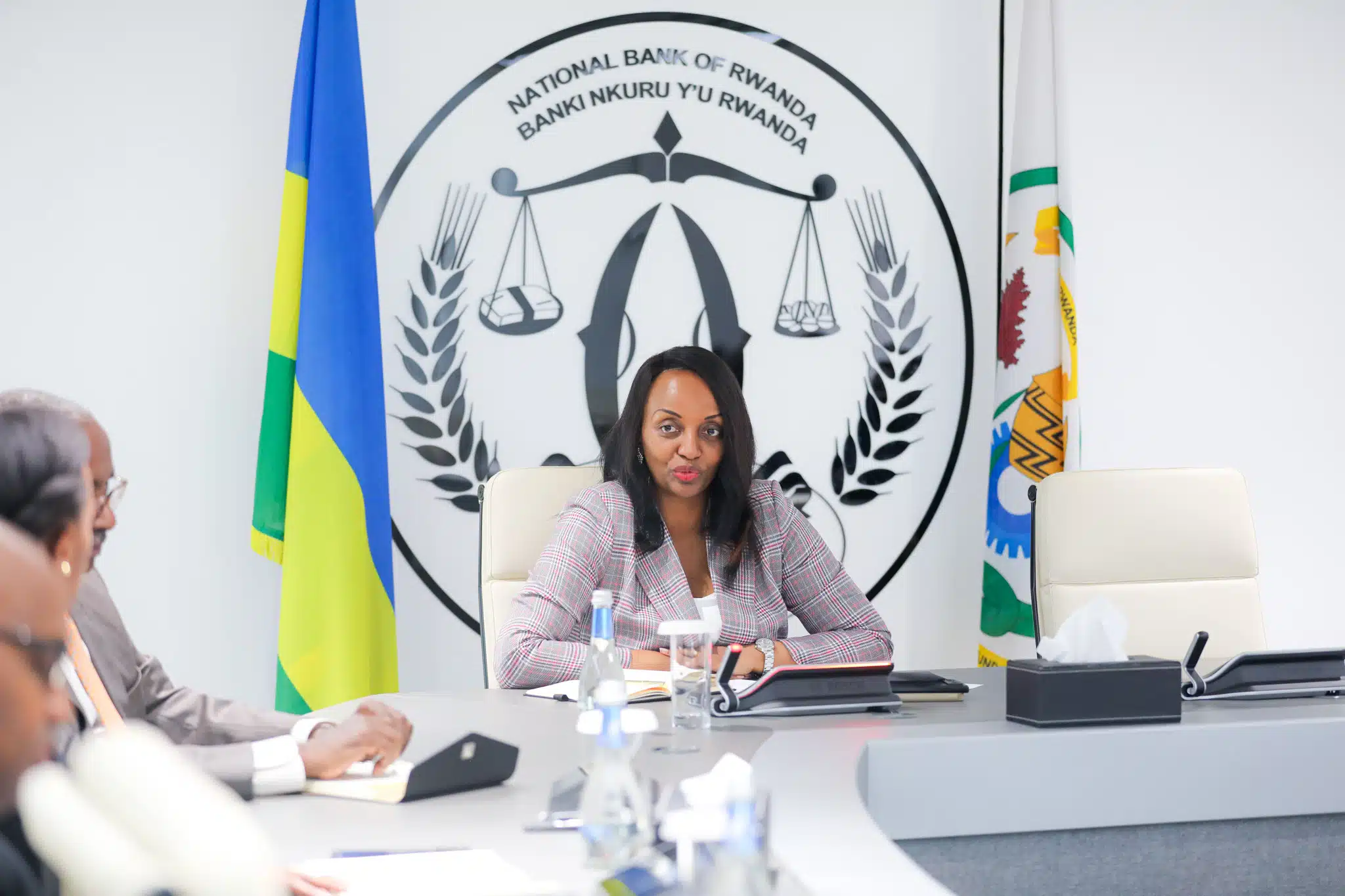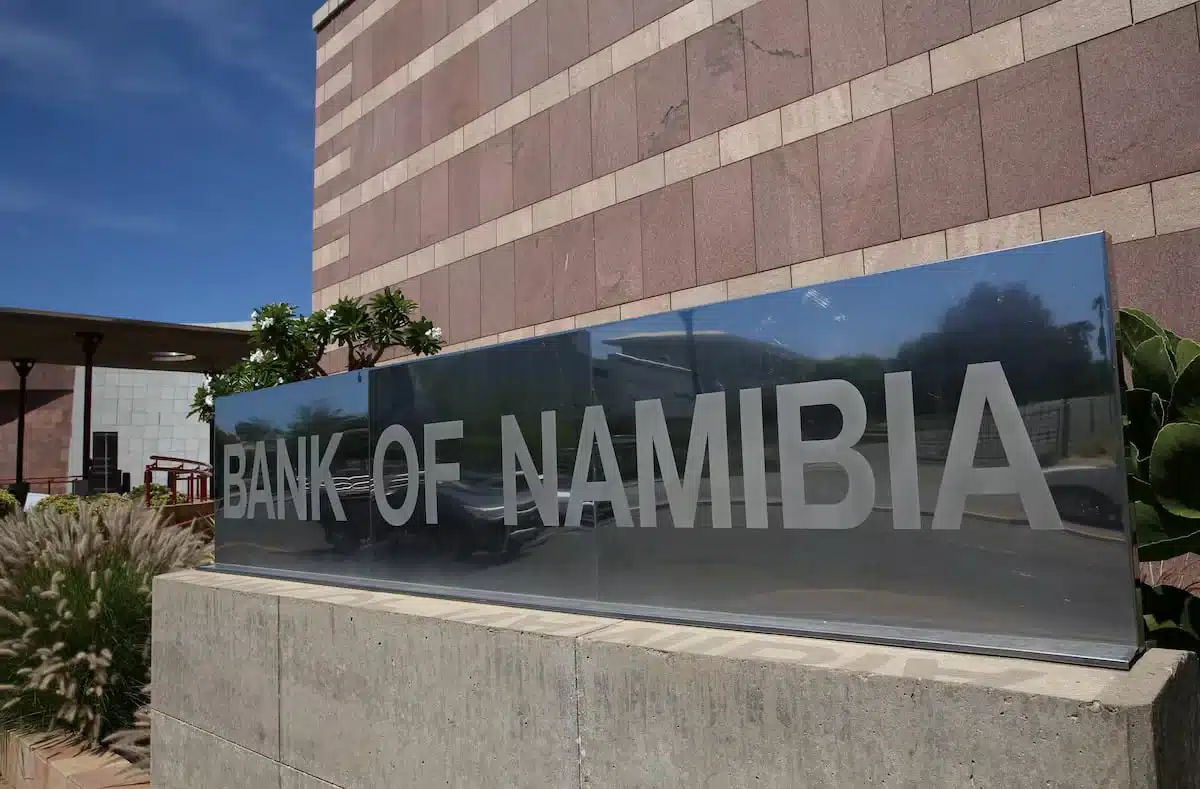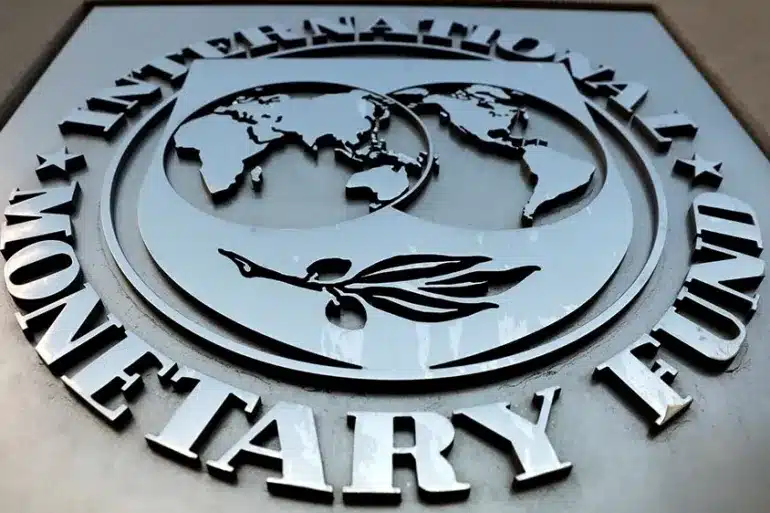Fitch Ratings has downgraded the African Export-Import Bank (Afreximbank) by one notch to BBB-, placing it at the bottom of investment grade and just above junk status.
The outlook is negative, meaning further downgrades are likely if risks continue to grow. The downgrade is driven by the bank’s exposure to sovereign debt distress in several African countries and concerns over weak risk management practices.
One major issue flagged by Fitch is Afreximbank’s handling of its non-performing loans (NPLs). While the bank reported an NPL ratio of 2.44% in the first quarter of 2025, Fitch estimates the figure to be significantly higher, at 7.1% by the end of 2024. This gap reflects different accounting methods and a lack of alignment with global standards used by other multilateral development banks.
Fitch also cited governance concerns. Afreximbank uses accounting policies that allow payment deferrals and debt rescheduling without triggering impairment recognition. Fitch believes this masks the true level of credit risk, especially as the bank operates in regions with high sovereign debt stress.
Implications for African sovereign lending and regional finance
Fitch flags Ghana (2.4 % of the loan book), South Sudan (2.1 %) and Zambia (0.2 %) as its three largest non-performing sovereign exposures, together representing roughly 5 % of Afreximbank’s US$28 billion portfolio.
The downgrade threatens Afreximbank’s ability to raise funds at favourable terms, affecting its capacity to finance trade and development projects across the continent.
With global markets largely closed to many African borrowers, Afreximbank has played a key role in bridging funding gaps for several countries, central banks, and commercial institutions.
Any disruption to its access to capital markets may affect ongoing projects and credit support in member countries.
This downgrade could influence how other rating agencies, such as S&P and Moody’s, view similar hybrid institutions operating in Africa. Afreximbank’s model—part development bank, part commercial lender—creates complications in determining its creditworthiness and its role during sovereign debt restructuring.
A complex dispute
Afreximbank’s dispute with Ghana lies at the heart of its credit concerns. Ghana defaulted on its external debts in 2022 and began debt restructuring talks in 2023. Among its creditors, Afreximbank holds more than $750 million, out of Ghana’s $4 billion in external commercial debt.
The tension revolves around Afreximbank’s claim that it is a preferred creditor with multilateral status, meaning it should be exempt from restructuring. The bank stated in a May 15, 2025, letter that Ghana is current on its debt repayments. Fitch took this claim seriously in its analysis.
Ghana’s government, however, strongly rejected that statement. On May 21, Ghana formally requested that Afreximbank’s claims be included in its commercial debt restructuring.
A follow-up statement on May 30 reiterated that Ghana has not paid any external commercial creditor since the default and that Afreximbank’s assertions were false and misleading.
Ghana’s stance is rooted in its aim for fair and comparable treatment of all creditors. If Afreximbank is excluded from restructuring, other commercial creditors could challenge the process, citing equal treatment clauses. This could jeopardise debt relief gains and delay IMF-backed financial recovery efforts.

